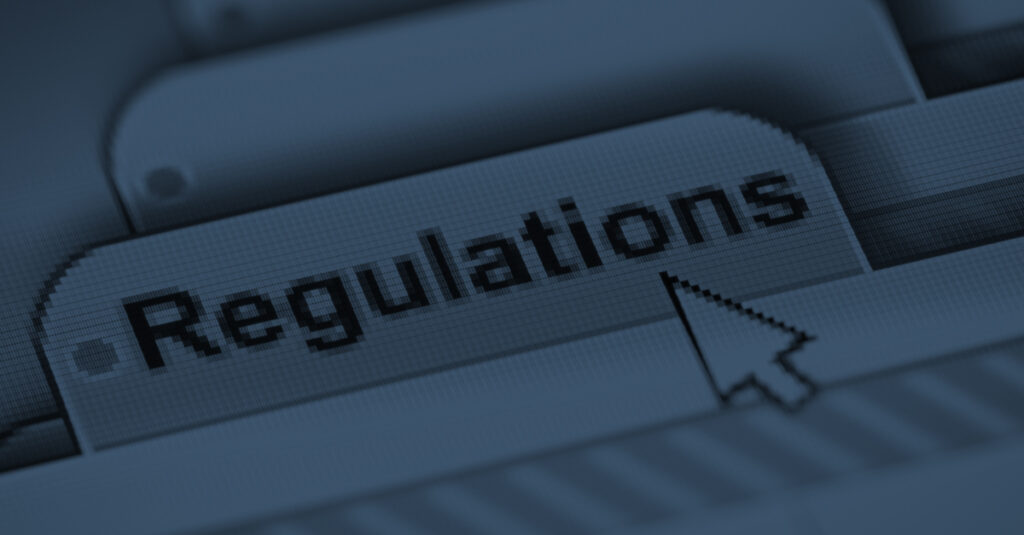Update #11 – Loan Forgiveness Regulations
PPP Loan Forgiveness – “The Rules”

As expected, late on Friday the Small Business Administration issued regulations for the CARES Act’s Paycheck Protection Program (PPP). The PPP is intended to provide economic relief to small businesses nationwide who were adversely impacted by COVID-19. All PPP participants must apply for loan forgiveness; it is not automatically granted.
Here’s what you need to know:
The Process
- Borrowers can seek forgiveness as soon as 8 weeks after the loan period ends.
- Loan forgiveness approvals, or denials, will be made first by your lender. Each lender will have the ability to recommend the percentage of forgiveness applicable to your loan. Lenders have 60 days to review your application
- After passing the lender examination the forgiveness application will be sent to the SBA for review.
- The SBA has an additional 90 days to make a final determination. The borrower may not know if its application for forgiveness has been accepted for up to 5 months!
The Details
- There is some unexpected news for Partners and Sole Proprietors. While partners and sole proprietors are still able to receive forgiveness for their K-1 income and guaranteed payments (for Partners) and business income (for Sole Proprietors) the new regulations state that health insurance and retirement contributions are not allowable expenditures.
- Forgivable payroll costs include those incurred during the eight consecutive week (56 days) forgiveness period. Borrowers may seek forgiveness for payroll costs for the eight weeks beginning on either the date of disbursement of the PPP loan proceeds OR the first day of the first payroll cycle in the covered.
- Loan forgiveness will not be reduced if the “Full Time Equivalent (FTE) Test” and the “Salary Reduction Test” are cured by June 30, 2020.
- Borrows have the choice to true-up their employees on 2019 average pay, or a date range alternative of February & March 2020 pay.
- There is an exemption to the reduction rules for borrowers who have offered to rehire employees or restore employee hours, even if the employees have not accepted.
Important to Know
- Lenders are hiring temporary staff to assist with approving/denying loan forgiveness applications. The SBA will have an independent office of appeals to review any disputes between lender and borrower. Applications must be “Spot On” (Accurate)!
- The forgiveness application may be submitted electronically via each lender’s portal, and some may ask for more documentation than others.
- Borrowers must retain PPP documentation in their files for AT LEAST six years after the date the loan is forgiven or repaid in full.
Our Advice
- Check with your lender – early and often – to determine what documents are required to apply for forgiveness
- Continue to document every single payout of your loan…with detailed back up.
- If it is clear that you qualify for forgiveness, submit your application with the necessary documentation as soon as your 8 week eligibility period ends.
- If a borrower is not going to meet the terms for full forgiveness then wait to submit your application for forgiveness until there are further guidelines.
The rules surrounding the PPP are ever-changing and we’ve seen more than 11 versions of the “Interim Final Rules” since early April. We are hopeful that pending legislation will be approved to extend the deadline to “True-Up” employees from June 30 to December 31, which will provide more flexibility…but there are no guarantees.
“The Heroes Bill” found approval in the House of Representatives. The Senate, as of to-date, has not found approval of the bill as written. One of the major components of this bill was to overrule the IRS Notice 2020-32 which states that the expenses paid with PPP loan proceeds that are eventually forgiven will not be deductible.
There are now more concise stand alone Bills being introduced to tackle some key issues regarding the PPP and Employee Retention Credits.
We will keep you updated as these stand alone Bills make their way through congress.
Question of the Day
If I don’t receive forgiveness, can I appeal?
Yes…BUT… the appeal will actually be an IRS-style audit. So unless you enjoy being audited, we suggest you provide very detailed documentation to your lender.
We will post questions on our social media feeds and in our upcoming briefs should the matter require broader attention.
Jill Kuksa & Deb Hanselmann

